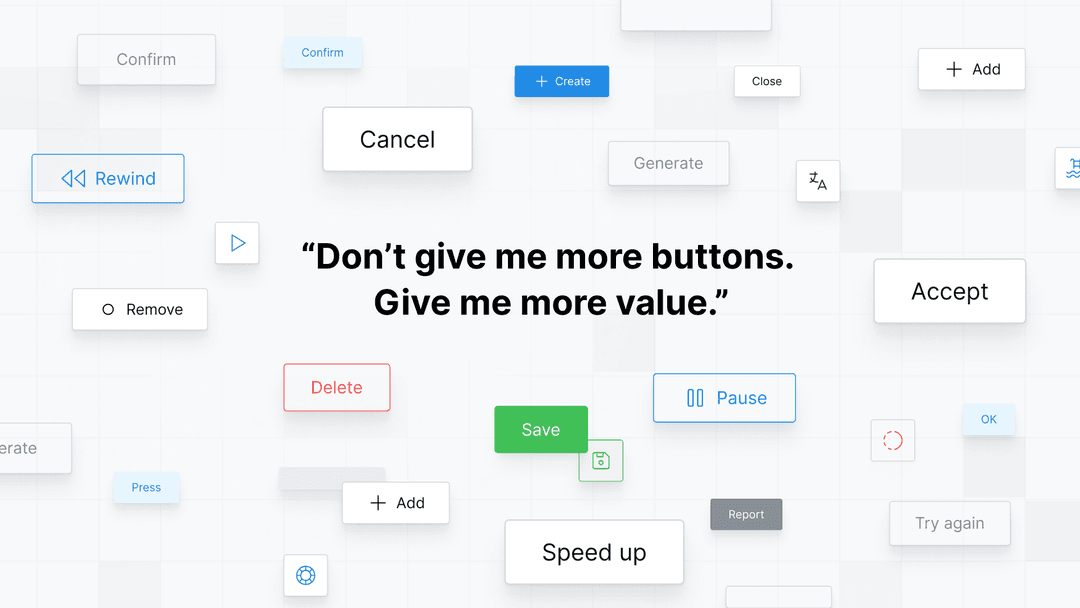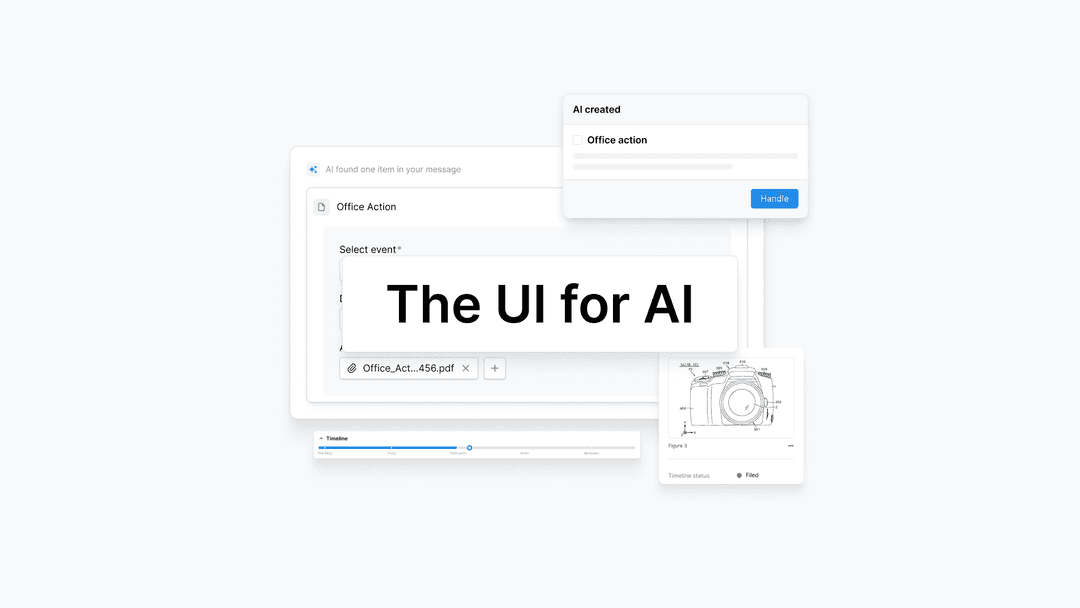Knowledge
Harnessing Al in Intellectual Property

In this interview, we sit down with Christian Hafner, Product Manager of RightHub AI. He explains how AI can assist with tasks like analysing novelty, summarising documents, finding better arguments, and overcoming writer's block.
We also discuss the advantages of using AI over traditional methods and the potential challenges in adopting these new technologies in the IP industry.
To learn more about how AI can transform your IP work, join us for an upcoming webinar here: https://events.teams.microsoft.com/event/b8246642-b13d-44af-ba8d-bc6583523a0b@2bba69b8-40fc-4b29-8d65-2a7eeb2652a2
RH - In what ways can patent attorneys and IP professionals use AI tools and technologies? Or phrased in a different way - why should IP professionals use AI tools and technologies?
CH - Basically to save time and therewith costs for their client or employer and to increase average output quality. The language output of a large language model/AI is very stable once it understands what it should do. In general, it's very good at analysing novelty. So, if you pick out a specific feature, you can ask the AI to check a document if the feature is present. You can also summarise the document, ask specific questions regarding an invention to a document. You can use it to summarise prior art, or to make definitions in a patent application. Finally, tools like perplexity.ai make learning about a new technology fun.
RH - On the other side, what advantages do IP professionals who use AI have over the ones who don't use it?
CH - Speed is one thing I would say. You're much quicker with AI, and you also can start easier if you experience a writer's block. It really helps you past that, as you can just ask the AI ‘Can you describe this or what would you do?’ and you get something to start with. Further, you can use AI to support reviewing a draft, finding better arguments against an Examiner observation and so on or simply to get a second opinion on something you wrote. In the end it is a pair of “computer” eyes that can review your work and therewith substantially increase quality if used correctly.
RH - I think the writer's block is a really, really good one. I know that I'm using it for that, just to get started and get inspired. Can you elaborate a little bit more on specific tasks or aspects that RH's AI streamlines and how it does it?
CH - I think one of the most versatile features we have is the AI analyst - basically talk to one or several documents with pre-prompted IP specific buttons available. Two features we have worked on are Review as mentioned previously and Claim charting; - both are done versus a document that you upload, in the first case a draft you received from a drafter (as an IP manager) and the second one versus a patent or a product specification or similar.
Other features we are working on start with a novelty search based on a description or invention disclosure to then drafting parts of a patent specification, reporting a communication including cited prior art retrieval and translations all in one tool. We will include more features in the future and some of them are going to be very unique and groundbreaking.
RH - And can AI tell if, for example, a patent specification has shortcomings?
CH – Yes definitely. It will give you a risk assessment and say, “this seems to be good” if everything is defined, or it can say “What about this term? Maybe you should define it a bit more clearly” or if you benchmark it towards the invention disclosure, it might say “you don't mention this feature at all in the in the draft, is that on purpose?”. So, it acts more like an assistant giving the user a hint what to check in more detail, saving an IP manager quite some time.
RH – What are you currently working on?
CH - Handling of Office Actions and working with figures. Then, if we go further down the road, you can upload licensing agreements or the like and benchmark such agreements versus products or methods on the market or benchmark such agreements or product specifications against patented claims in various jurisdictions. Soon AI agents will most likely also play a role.
RH - What do you consider to be the main challenges or obstacles to the widespread adoption of AI in the intellectual property industry?
CH – The first thing is probably the trust of the people in the industry. (Secret) patent application drafts are sent around not encrypted via email (a widely spread practice in the industry) but when it comes to AI or LLMs everybody is suddenly afraid to share secret data. Users often forget that you trust search providers with a general invention description that is entered into a search agent (not involving AI) without thinking twice or storing secret data on one of the big cloud storage providers. So, building trust is important. OpenAI for example, which LLMs we use for our product, makes a huge effort regarding non-training policies, data safety and privacy.
And the other one – in the beginning AI will increase margins as it makes many processes faster and more efficient but soon prices will come down for industrial clients and inventors as patent attorneys will need to give some of their efficiency gains back to their clients. This is however also a good thing for patent attorneys as their time spent on strategic work and claim drafting can be increased.
Finally, I think a big part of helping clients to adopt is also education - showing how RightHub AI can be used and building an intuitive and smooth tool, which we are of course doing since day one ;-).
RH – Does an expert need to cross check LLM output relating to intellectual property?
CH – Absolutely, AI can never replace the expert/patent attorney. According to my opinion there will be a need for a human expert at least for the coming 10 – 20 years, the only question I have is how we train these new experts when the groundwork of reading hundreds of patents is done by LLMs but I guess the coming IP stars will figure it out.
Try RightHub AI for free for 14 days here: www.righthub.com/ai


